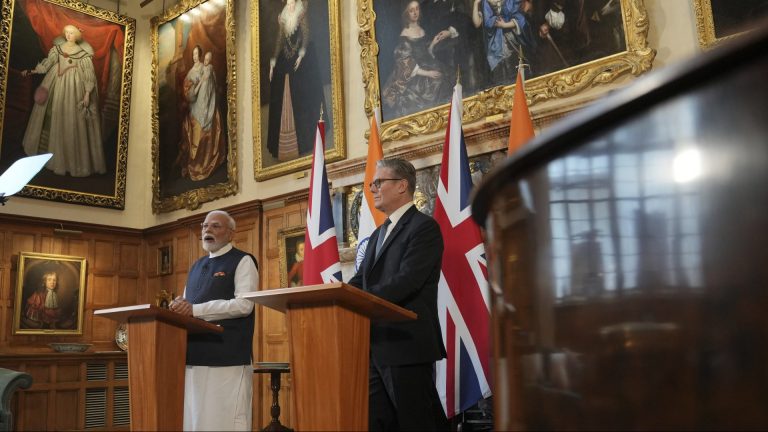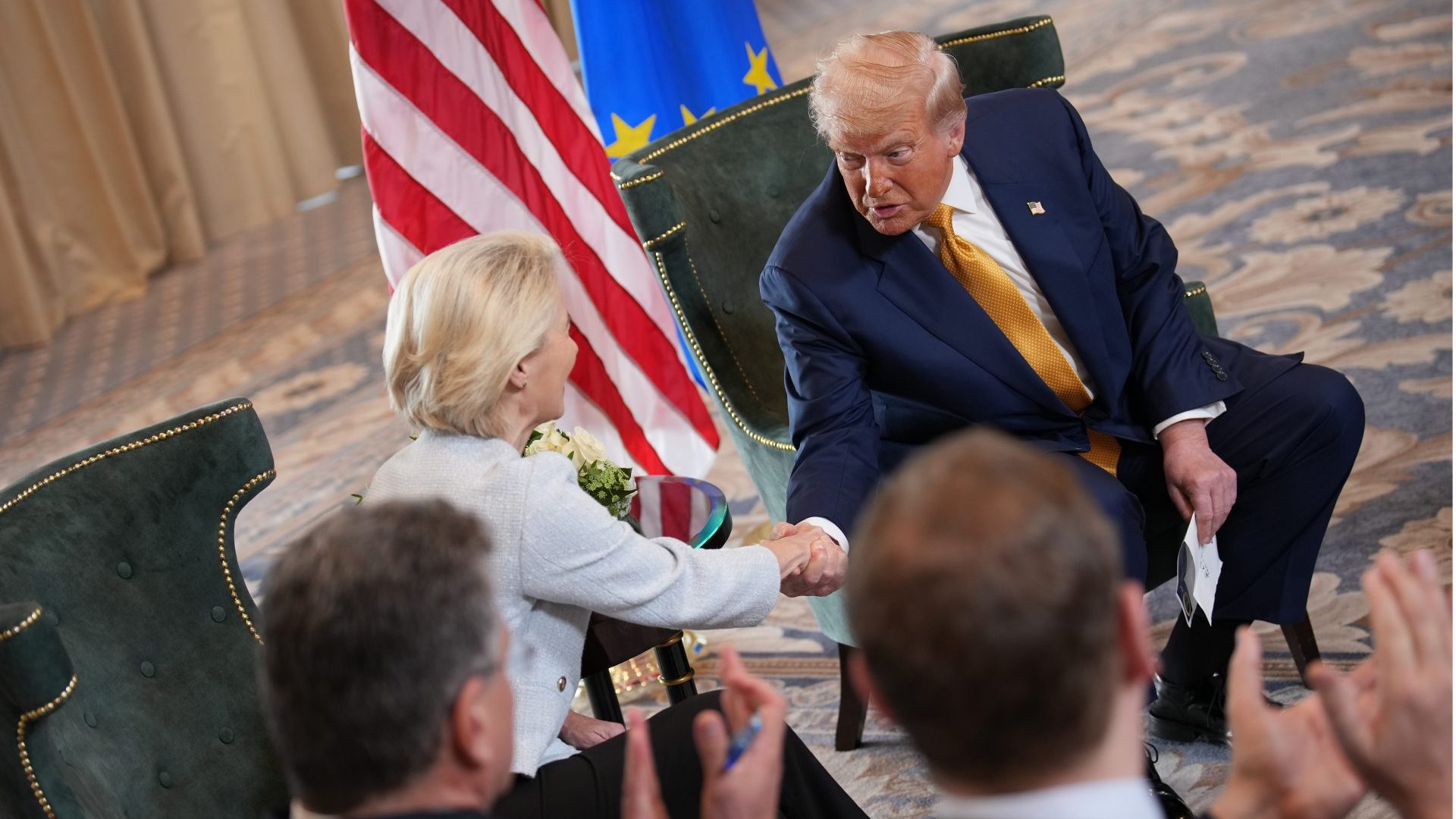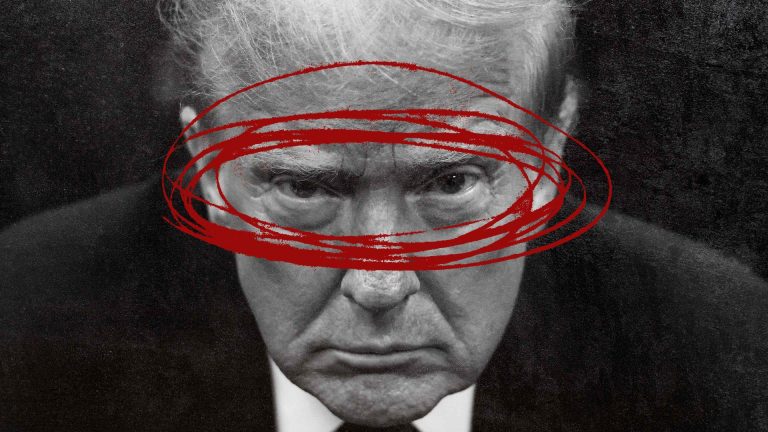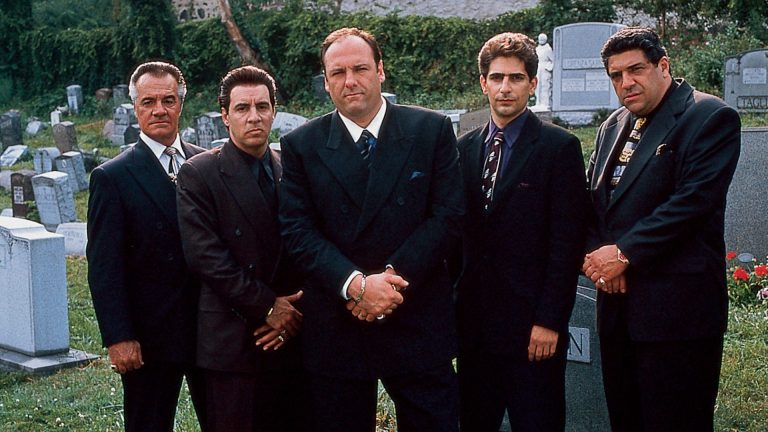We would all like to see someone stand up to Donald Trump and teach him a lesson. If anyone was going to do that, it would – perhaps should – have been the EU.
It is the largest trading bloc in the world and has the power to impose retaliatory tariffs on the USA and fight it in a long battle of attrition. Instead, it has chosen to do a deal with Trump – one that has enraged figures like former Brexit negotiator Guy Verhofstadt.
He wrote on X: “The EU – US deal is scandalous… a disaster… with not one concession from the American side… badly negotiated.” French prime minister François Bayrou said, “It is a dark day when an alliance of free peoples, brought together to affirm their common values and to defend their common interests, resigns itself to submission.”
Why has the EU chosen the path of least resistance? For two main reasons.
The first is that it is not united enough, with countries like Hungary positively uncooperative with Brussels and Italy (whose Giorgia Meloni hailed the deal) calling for compromise. The second is that picking a fight with an economic illiterate idiot is not a clever move. Donald Trump really is reckless enough to burn his own house down around his ears, and since he is convinced that the EU was specifically established to “screw” America, he might try to burn Europe’s down too.
Also, since the EU sells $606 billion worth of goods to America and imports just $370 billion, Europe has more to lose from a trade war. So, a tariff of 15% and some warm words about buying more American weapons and gas does not feel too bad a deal.
What Europe is united on, however, is a sound understanding of economics – something Trump, mystifyingly for a man with a degree in the subject and decades in business, obviously hasn’t got. America accounts for 20% of EU exports, its largest single market, but 80% of its external trade is untouched by this deal and there are exemptions for drinks and aerospace among others.
Suggested Reading


We need 50 India trade deals to make up for Brexit
The European Commission seems to think 70% of Europe’s exports to America will have to pay tariffs, so just 14% of its total exports are affecred. Is it worth a trade war over that? Certainly, German car makers and many other makers of luxury manufactured goods are going to suffer, but overall, the hit will be small.
Yet, imports from Europe in the USA will be 15% more expensive. No wonder that the Federal Reserve won’t cut interest rates despite Trump’s immense pressure.
The Fed is right to fear that inflation is on the way; Trump is importing it at a huge rate. And his tariffs don’t just affect prices on the high street – many American firms use components from around the world and they are all more expensive too, so even home-made products will cost more.
Meanwhile, the States has imposed even higher tariffs on steel of 50%. That is great news for every steel manufacturer in the US – they can now hike prices by 49% and still undercut imports.
Yet for every other American industry that uses steel (and that is pretty much all of them) it is again disastrous.
President Trump is already claiming this as a huge victory, but it isn’t really. Brexit was famously and accurately described as the only time a country has declared a trade war on itself, but now America has followed suit.
In the end, Europe seems to have decided that if Trump really wants to inflict economic self-harm on America, it is going to let him do it rather than attempt to intervene and get hurt while it tries to help.











